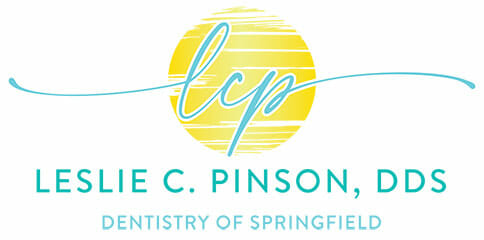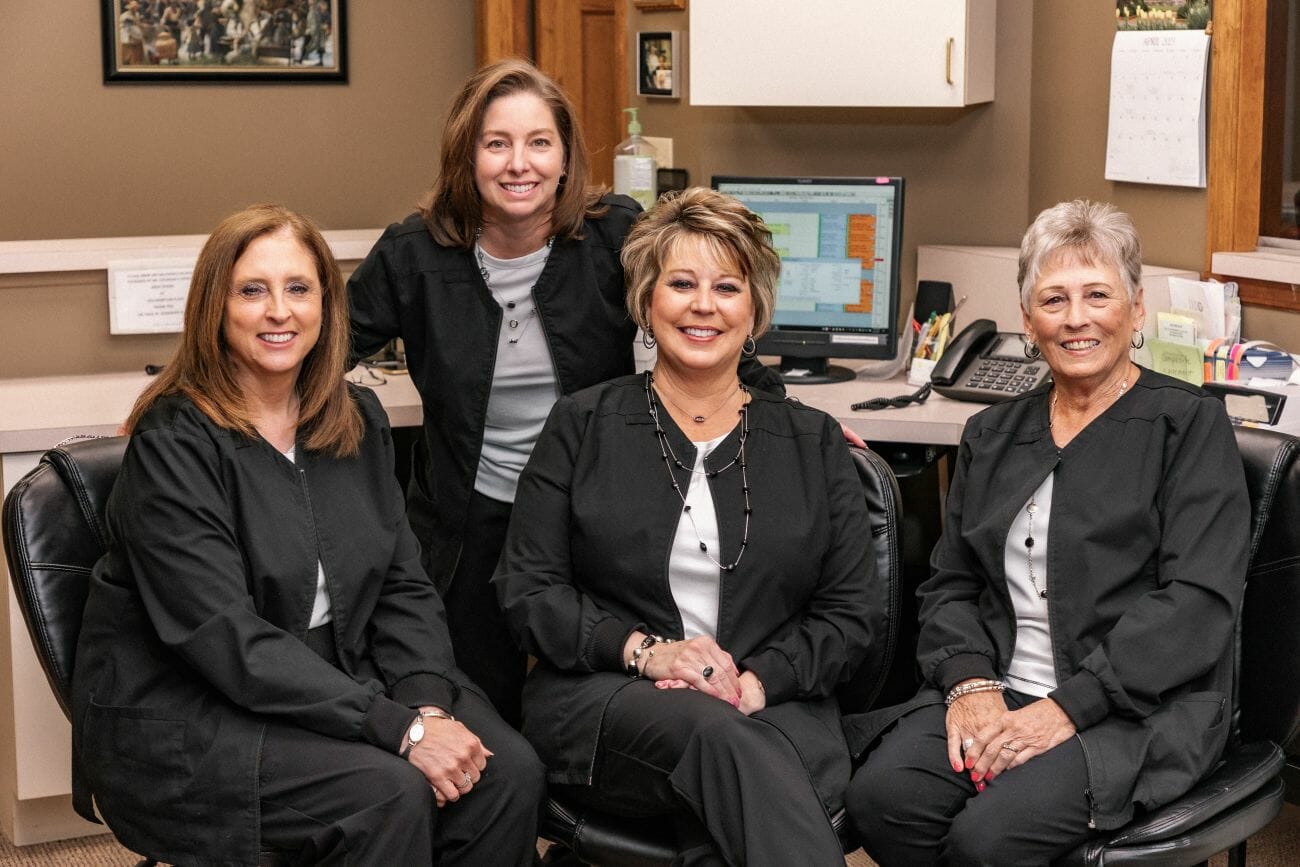Frequently Asked Questions
 Are You Accepting New Patients?
Are You Accepting New Patients?
Yes, we are accepting new patients of all ages. You’ll be glad you chose to trust us with your dental care.
What Dental Insurance Plans Do You Accept?
We accept Delta Dental, Superior, Anthem 300 grid plus. We also offer CareCredit and offer discounted rates for seniors. Give us a call with any questions about payments or insurance and we’re happy to talk you through it.
What Should I Bring to My First Appointment?
We will spend time at your first visit getting to know your health history and learn about any issues you may be having. For specific concerns or dental work you’d like us to know about, you may want to jot down a list of questions or issues. Bring insurance information and a medication list and feel free to call us before your appointment with questions. If you are transferring from another office, we ask that you have your previous medical records sent to our office.
I Experience Dental Anxiety. What Should I Do?
Please let us know! We know going to the dentist can be an uncomfortable experience for some people. We are always mindful of the ways we can make the experience not just bearable, but relaxing, from the decor in our rooms to the friendly atmosphere we provide, to our numbing procedures. As Dr. Pinson often says, “Snoring is the best sound I can ever hear during your treatment. It means you’re comfortable.”
Are Root Canals Painful?
A root canal procedure is performed to remove the decay in the inner core of your tooth and seal it up to prevent further decay. The procedure is likely happening in the first place because you are in pain, so know that a root canal is only going to make your life less painful. We’ve found that the discomfort of a root canal is no worse than what you would experience with the drilling and placement of a filling for a deep cavity.
Dr. Pinson and her entire staff will make your comfort a priority. Often, the numbing stage can be the most uncomfortable part of the treatment, ironically. Still, Dr. Pinson knows how to carefully and gently numb the area where a root canal will take place. And we’re here to help you care for your tooth and mouth in the days after the procedure for a healing process that is as pain-free as possible.
Why Should I Floss, Isn’t Brushing Enough?
Your gums will thank you for the extra attention you pay to them through flossing. Building good hygiene habits may seem time-consuming, and you may wonder if it’s worth it. But clearing away that little bit of bacteria that are hiding in your gums, unseen, will pay off over time. Dental floss comes in more varieties and flavors now more than ever. So we suggest finding a product you like to make you more likely to floss more regularly. Ask us about floss when you’re in for your next regular appointment, and we can recommend one based on the unique spacing of your teeth, gum sensitivity, or other issues.
When should I worry about bleeding gums?
You may experience bleeding gums when you floss if you are not flossing regularly. You can reduce this common occurrence by including flossing in your regular oral care routine.
However, if you’re not seeing improvements even with regular flossing, or if your gums start bleeding suddenly, we recommend scheduling an appointment with Dr. Pinson. During your visit, we’ll take corrective measures to remove the cause of your bleeding gums, like clearing tartar buildup, creating a treatment plan to address periodontal disease, and treating possible gingivitis.
What Is Fluoride and Why Is It Important for Dental Health?
Fluoride is a mineral found in some food, often in toothpaste, and is added to many public drinking systems. Because fluoride is so effective in making your teeth stronger and keeping cavities at bay, you’ve probably experienced a gel fluoride treatment during a dental checkup. Children significantly benefit from fluoride treatments to help protect their teeth’s outer surfaces for as long as possible. Gel fluoride treatments involve placing a gel-filled tray against your teeth for several seconds and then avoiding food and drink for a short time to allow the fluoride to absorb.
How Often Should I Visit the Dentist?
We recommend a professional teeth cleaning and exam at least every six months, depending on your specific oral health standings. Regular dental visits help ensure your mouth stays healthy so you can enjoy a fully-functional and beautiful smile. Our professional dental exams and cleanings, performed by one of our expert hygienists and Dr. Pinson, helps prevent tooth decay, tooth loss, pain, infection, oral cancer, and more.
Can a Dentist Whiten Teeth?
Yes! Whether you’re looking for a quick solution, such as a recommendation for good whitening toothpaste, or if you are experiencing a problematic tooth or teeth that could use professional whitening, we are happy to help.
If you have any questions feel free to contact our office via phone, email, or schedule an appointment online.

 Are You Accepting New Patients?
Are You Accepting New Patients?